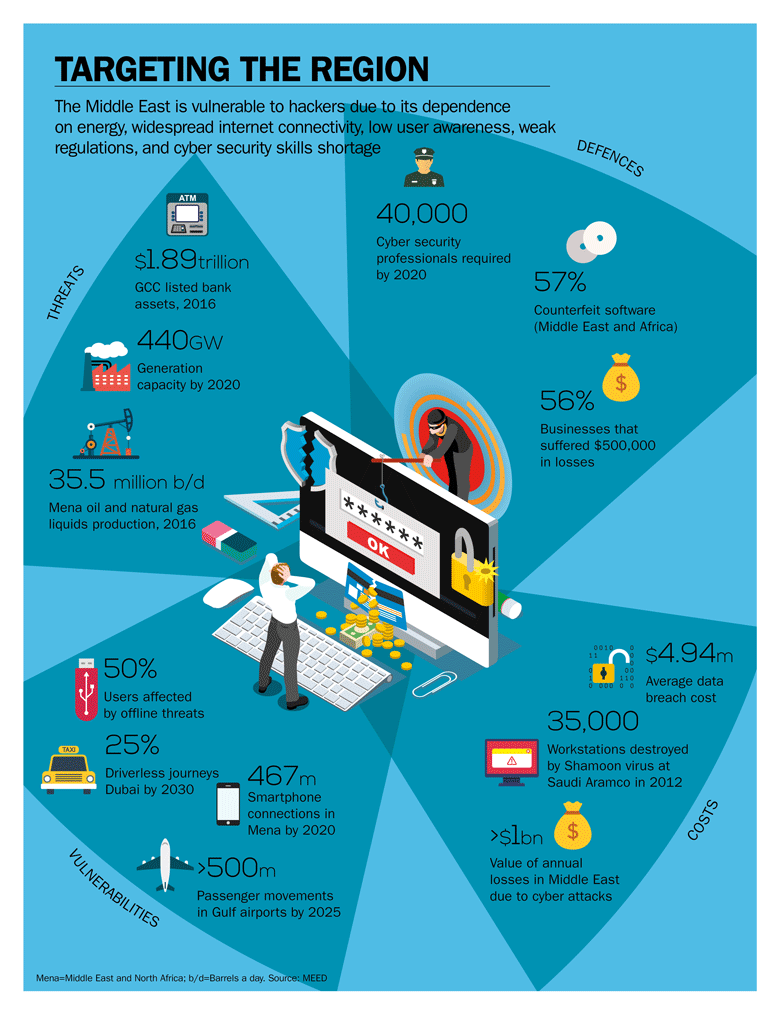

New technologies like machine learning enable active detection of cybersecurity threats allowing preemptive action to be taken to stop breaches before they occur, according to a report by UK-based analytics firm Global Data.
These new technologies can also help free up resources currently occupied with chasing false positives from existing, more reactive systems.
The report says it expects acceleration in the frequency of cyber attacks over the coming years and that it is vital for senior executives, particularly the CEO, to have a full understanding of the inherent risks and implications of such threats. "Failure to adequately protect customer data and proprietary secrets will significantly damage a company’s brand … with concomitant impact on revenues and profitability,” the report said.
A higher awareness about the impact of cyber security breaches is expected to result in increased spending on artificial intelligence (AI)-infused cybersecurity tools as well as in unified threat management (UTM) systems over the coming years.
Although rarely reported, Saudi Arabia and the UAE receive some of the world’s highest and most sophisticated cyber attacks.
In 2012, the Shamoon virus wiped out up to 30,000 drives at oil giant Saudi Aramco. The virus resurfaced in early 2017, affecting National Industrialisation Company (Tasnee) and Sadara Chemical Company in addition to three government agencies, disrupting operations in these organisations for an estimated 48 hours.
New York Times also reported earlier this year that a petrochemical plant was hit by a major cyber attack in August last year. Unlike previous attacks, the latest one aimed not only to disrupt the plant’s operations but trigger an explosion, the report said.
In March, Saudi Arabia’s Cyber Security and Programming Federation signed a memorandum of understanding (MoU) with US consultancy Booz Allen Hamilton for a programme that covers knowledge exchange, technology transfer and localisation of capabilities.
The MoU is understood to enable the localisation of cyber security skills in national critical infrastructures and contribute to realising the kingdom’s Vision 2030.
| This article has been unlocked to allow non-subscribers to sample MEED’s content. MEED provides exclusive news, data and analysis on the Middle East every day. For access to MEED’s Middle East business intelligence, subscribe here |
You might also like...

Lunate acquires 40% stake in Adnoc Oil Pipelines
26 April 2024

Saudi Arabia's Rawabi Holding raises SR1.2bn in sukuk
26 April 2024

Iraq oil project reaches 70% completion
26 April 2024

Samana announces $272m Dubai Lake Views project
26 April 2024
A MEED Subscription...
Subscribe or upgrade your current MEED.com package to support your strategic planning with the MENA region’s best source of business information. Proceed to our online shop below to find out more about the features in each package.




